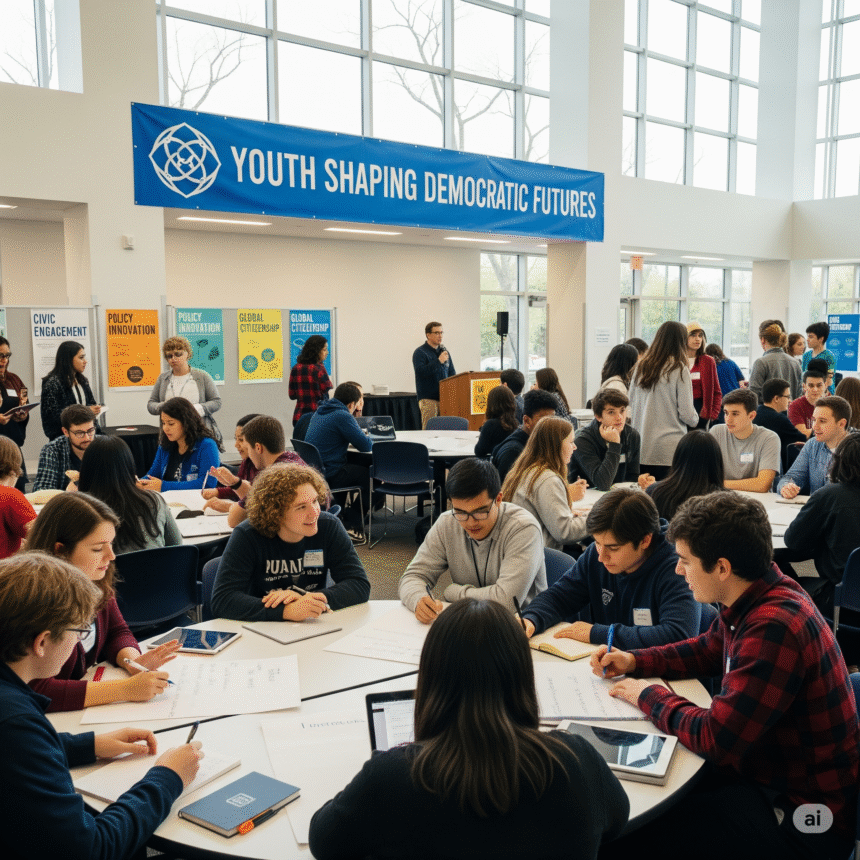Introduction
As India stands at the cusp of monumental demographic shifts, with over 65% of its population under 35, the question of youth engagement in civic duties has gained urgency. Civic responsibility, encompassing actions like voting, volunteering, and community participation, forms the backbone of any thriving democracy. But should young people feel obligated to engage? While some argue that active involvement is essential for societal progress, others believe it should remain a choice rather than a duty.
The Current State of Youth Engagement
Voting Trends
India has seen fluctuating youth participation in elections. While the 2019 General Elections witnessed a surge in voter turnout among first-time voters, reports indicate a significant percentage of eligible youth abstain from voting, citing disillusionment or lack of awareness.
(Source: Election Commission of India)
Volunteerism and Activism
Youth-led movements, such as those advocating for environmental conservation or gender equality, demonstrate the potential for civic involvement. However, formal engagement in long-term initiatives remains limited, particularly in rural and economically disadvantaged regions.
Why Should Youth Engage?
1. Shaping Policies That Matter
Young people have a vested interest in policies impacting education, employment, and climate change. Civic engagement ensures their voices influence decision-making.
- Example:
- Youth participation played a crucial role in shaping India’s National Education Policy 2020, incorporating inputs from student groups and young professionals.
2. Strengthening Democratic Values
Active involvement reinforces accountability and transparency in governance. Young voters, for instance, can demand better representation and ethical leadership.
Challenges to Youth Participation
1. Disillusionment with Politics
A common perception among youth is that their involvement will not lead to meaningful change. Corruption, inefficiency, and partisan politics often exacerbate this sentiment.
2. Lack of Awareness
Many young individuals lack adequate understanding of their rights and responsibilities as citizens, highlighting the need for enhanced civic education.
(Source: Ministry of Education)
3. Time and Economic Constraints
Balancing education or employment with civic duties can be challenging, especially for youth in underserved communities.
Should Engagement Be an Obligation?
While the moral argument for civic responsibility is compelling, many experts argue that it should remain voluntary.
- Proponents:
- Engagement fosters a sense of belonging and collective progress.
- Opponents:
- Obligatory participation may lead to disinterest or superficial involvement.
Encouraging Voluntary Engagement
1. Leveraging Technology
Digital platforms like MyGov and youth-focused campaigns on social media have successfully mobilized young citizens for surveys, consultations, and initiatives.
(Source: MyGov India)
2. Education and Awareness Programs
Incorporating civic education into school curriculums can instill a lifelong sense of responsibility. Initiatives like the Youth Parliament provide practical exposure to governance.
Conclusion
The question of whether young people should feel obligated to engage in civic responsibilities reflects broader debates about individual freedom and collective good. While compulsion may not be the answer, creating supportive ecosystems that encourage voluntary participation can bridge the gap. India’s youth have the potential to redefine civic engagement—not as an obligation, but as a transformative force for societal progress.


Leave a Reply